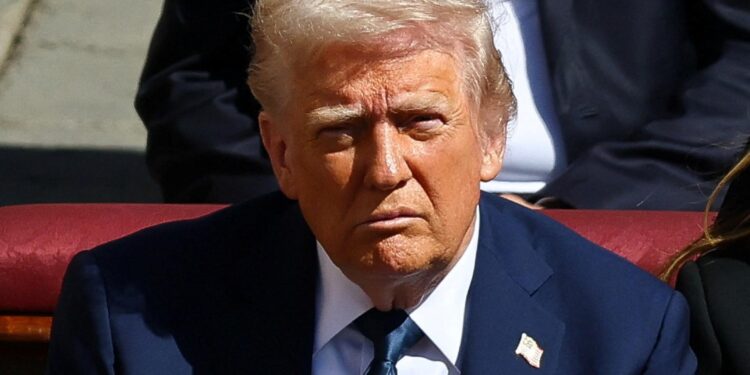The Impact of Political Discourse on Science in Washington State
In recent times, the relationship between politics and scientific inquiry has become increasingly contentious, particularly during the tenure of former President Donald Trump. His administration frequently favored ideological alignment over established scientific consensus. As discussions surrounding climate change, health policies, and environmental regulations escalate, various sectors across the nation—especially Washington State’s dynamic economy—are caught in a complex web of challenges. This article explores how Trump’s anti-science rhetoric and policy choices have affected critical industries in Washington, emphasizing the hurdles faced by businesses and researchers striving to uphold scientific integrity amidst growing political pressures.
Trump’s Political Rhetoric and Its Impact on Washington’s Industries
The discord between established scientific understanding and political discourse has reached unprecedented levels under Trump’s leadership. Industries within Washington that depend heavily on environmental science and technological advancements are feeling significant repercussions as governmental policies increasingly disregard empirical evidence. The ramifications extend beyond federal agencies; they also affect private enterprises and research institutions working to tackle urgent issues like climate change, public health crises, and sustainable practices. With substantial budget reductions affecting organizations such as the Environmental Protection Agency (EPA) and National Oceanic and Atmospheric Administration (NOAA), companies are left grappling with uncertainty that hampers their ability to plan effectively for future projects.
Particularly vulnerable sectors include renewable energy, environmental technology, and biotechnology. These fields thrive on data-driven strategies; however, as short-term economic interests overshadow long-term scientific integrity under current policies, negative consequences are becoming evident. The table below outlines some notable impacts:
| Industry Sector | Main Challenges Faced | Possible Opportunities Ahead |
|---|---|---|
| Renewable Energy | Lack of clear policy direction; funding reductions | Pursuit of private sector investments; innovation potential |
| Environmental Technology | Cumbersome regulatory shifts; delays in research initiatives | A burgeoning market for clean technology solutions |
| Biotechnology | Diminished grant availability; concerns over data transparency –>————— Invest in Advocacy: Strengthen relationships with policymakers to communicate the importance of science.nnEnhance Community Engagement:n n n n n nFoster a strong public dialogue that reinforces science’s relevance in daily life.nnSuch strategies not only mitigate immediate impacts but also lay a foundation for a more resilient future across vital sectors within Washington State.rnrn Conclusion: Navigating Uncertainty TogetherrnAs tensions rise around science policy during Trump’s administration,rnthe effects ripple far beyond politics into crucial areas within rnthe state of Washington.rnThe intersection where scientific integrity meets public policy is more important than ever.rnAs stakeholders navigate this evolving landscape,rnthe future trajectory for innovation,rnenvironmental stewardship,rnand public health remains uncertain.rnIt is imperative that policymakers,rnthe scientific community,rand citizens engage actively in constructive dialoguernto ensure evidence-based decision-making prevails. The stakes are high as we face these challenges together, wit |










